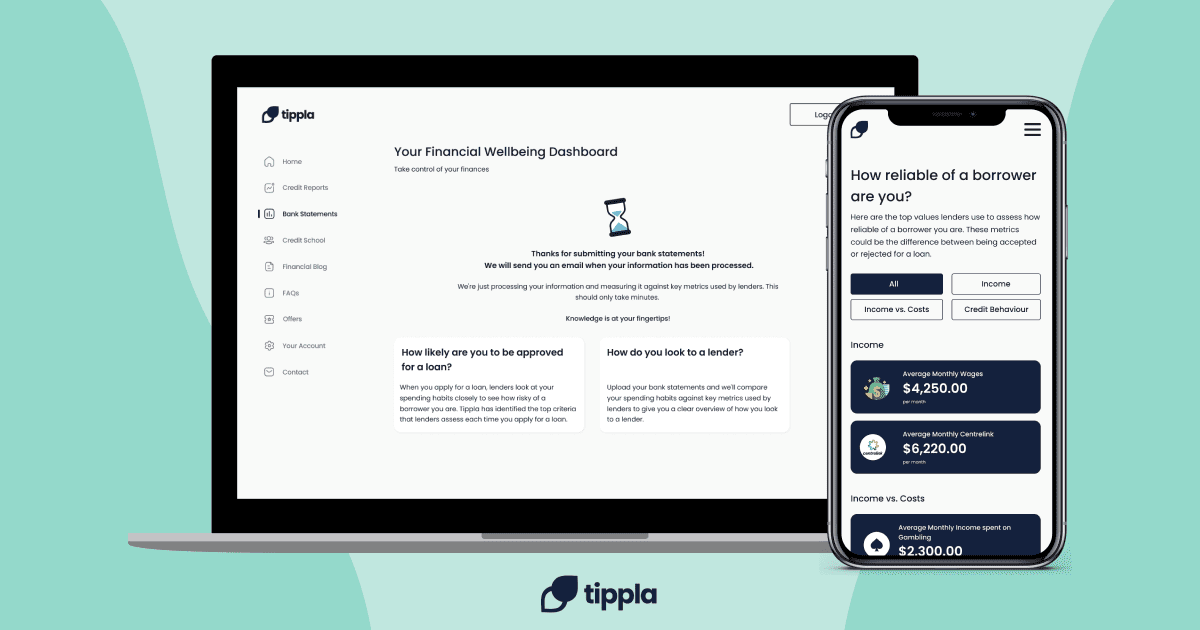Published in November 24, 2023
Credit Enquiries for Auto Loans

Undergoing the Car Financing Process Without Harming Your Credit
Before applying for an auto loan, it’s important to know how credit enquiries affect your credit score. A credit enquiry happens when a lender looks into your credit report to determine your creditworthiness. While hard enquiries—which happen when you formally apply for credit—can temporarily affect your credit score, soft enquiries—like checking your credit score for personal use—do not affect your credit score.
In this post, we’ll walk you through the world of credit enquiries particularly those that apply to auto loans.
Understanding Credit Enquiries for Auto Loans
When applying for an auto loan, you may encounter the term “credit enquiries.” These enquiries are a crucial part of the loan approval process, as they provide lenders with insights into your credit history and ability to repay the loan.
What are Credit Enquiries?
Credit enquiries, also known as credit checks, are requests made by lenders or other credit providers to access your credit report. These enquiries are recorded on your credit report and can influence your credit score. There are two main types of credit enquiries:
- Hard enquiries: These enquiries occur when you apply for a credit product, such as a car loan. Hard enquiries have a temporary impact on your credit score, and can stay present on your credit report for 5 to 7 years.
- Soft enquiries: These enquiries happen when you check your credit report, pre-qualify for a loan, or receive pre-approved credit offers. Soft enquiries do not affect your credit score.
When you apply for an auto loan, the lender will conduct a hard enquiry to assess your creditworthiness. This enquiry will be recorded on your credit report, along with enquiries from other lenders you may have applied to recently. Aside from credit history, lenders also use credit enquiries to evaluate your payment history, credit utilisation ratio, and overall debt levels.
Shopping for Auto Loans
When purchasing a car, financing options play a significant role in determining affordability and overall financial well-being. Auto loans are widely used to finance car purchases, and lenders typically offer varying interest rates and terms. This is where rate shopping comes into play.
What is Rate Shopping?
Rate shopping refers to the practice of seeking loan offers from multiple lenders to find the most favourable terms, such as the lowest interest rates. This is commonly done when individuals are in the market for loans, including mortgages, auto loans, or student loans. The goal is to compare different loan offers and choose the one that best suits the borrower’s needs.
However, rate shopping can impact credit enquiries, as each enquiry made by a lender to assess eligibility for a loan is recorded on the borrower’s credit report. Every time you apply for credit, a new “enquiry” is made to your credit report, and the credit provider “pulls” a copy of your report to verify your credit score. Such enquiries may be on your record for a maximum of 5 to 7 years. Multiple enquiries within a short period, may have a temporary negative effect on the borrower’s credit score.
To mitigate this impact, credit scoring models typically treat multiple enquiries for the same type of loan within a specific timeframe as a single enquiry, recognising that consumers may be rate shopping. It’s essential for borrowers to be mindful of the potential impact on their credit and to conduct rate shopping within a condensed period to minimise any adverse effects.
Best Practices for Comparing Auto Loan Offers
When comparing auto loan offers in Australia, consider the following best practices:
- Explore Different Lenders: Research and compare auto loan options from various lenders, including banks, credit unions, and online lenders. Financial institutions offer diverse loan products with varying terms and conditions.
- Understand Interest Rates: Pay attention to interest rates, as they significantly impact the overall cost of the loan. Different lenders may offer fixed or variable rates, and understanding these distinctions is crucial for making an informed decision.
- Negotiate Loan Rates: Don’t hesitate to negotiate the interest rate with lenders. Shopping around without making formal loan enquiries allows you to gather information without affecting your credit score negatively.
- Compare Loan Terms: Consider the loan term and its impact on monthly payments. While a longer term may result in lower monthly payments, it could also mean paying more interest over the life of the loan. Evaluate the trade-off between monthly affordability and long-term cost.
- Focus on APR: Look beyond the interest rate and consider the Annual Percentage Rate (APR). The APR includes additional fees and charges, providing a more comprehensive view of the loan’s true cost.
Have other burning questions? We have a more in depth article about car loans published which you can read.
Alternative Financing Options for Your Auto Loan
When purchasing a car in Australia, there are several alternative financing options available beyond traditional bank loans. These alternatives may offer more competitive interest rates, flexible terms, or a quicker application process. Here are some of the most common alternative financing options in Australia:
Credit Unions
Credit unions are member-owned financial institutions that often offer lower interest rates and more favourable terms on auto loans compared to banks. Credit unions typically have a smaller membership base than banks, which allows them to provide more personalised service and more competitive rates.
Online Lenders
Online lenders are non-traditional financial institutions that operate exclusively online. They often offer competitive interest rates and a streamlined application process. However, online lenders may have stricter credit requirements than traditional banks or credit unions.
Peer-to-Peer (P2P) Lending
P2P lending platforms connect borrowers with individual investors who are willing to lend money. P2P loans can offer lower interest rates than traditional loans, but they may also come with higher risk and fees.
Private Party Auto Loans
Private party auto loans are used to finance the purchase of a car from an individual seller rather than a dealership. Private party auto loans typically have higher interest rates than loans from banks or credit unions, but they may be a good option for borrowers with poor credit or limited financing options.
Rental Purchase Agreements
Rental purchase agreements, also known as lease-to-own agreements, allow you to rent a car with the option to purchase it at the end of the lease term. Rental purchase agreements can be a good option for borrowers with poor credit or limited upfront cash, but they typically have higher costs than traditional financing options.
Conclusion
In conclusion, navigating the auto financing process involves understanding the impact of credit enquiries on your credit score. Hard enquiries, like auto loans, provide lenders with insights into your credit history and repayment ability. Rate shopping is a common practice, allowing borrowers to compare offers from different lenders to find the most favourable terms.
When comparing auto loan offers, consider exploring different lenders, understanding interest rates, negotiating loan rates, comparing loan terms, and focusing on the Annual Percentage Rate (APR) for a comprehensive view of the loan’s cost. Alternative financing options like credit unions, online lenders, peer-to-peer lending, private party auto loans, and rental purchase agreements offer diverse choices for borrowers with varying needs and preferences.
In making informed decisions about auto financing, borrowers should weigh the benefits and drawbacks of each option, considering their credit profile, financial situation, and long-term goals.
While we at Tippla will always do our best to provide you with the information you need to financially thrive, it’s important to note that we’re not debt counsellors, nor do we provide financial advice. Be sure to speak to your financial services professional before making any decisions.
Related articles

What is forbearance and is it right for me?
28/07/2021
Forbearance is a type of loan assistance that aids...

What’s the Most Efficient Way of Building Your Credit Score?
28/07/2021
Building good credit: Where to start Good credit can...

Introducing Tippla’s Latest Feature: Spending Habits
25/10/2021
Tippla is expanding. We recently launched a new feature...

What is a savings account?
28/07/2021
Grow your money faster with savings accounts Unlike everyday...
Subscribe to our newsletter
Stay up to date with Tippla's financial blog